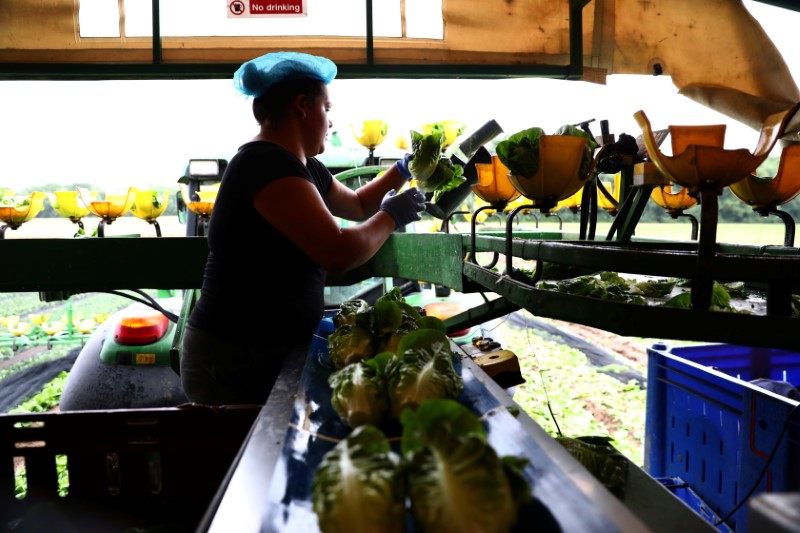Firms unprepared for tightening labour market, says government

LONDON (Reuters) — Restricting migration into Britain will very likely lead to lower output and employment growth, an interim report commissioned by the British government said on Tuesday, warning that firms were not prepared for a tightening labour market.
"Lower migration would very likely lead to lower growth in total employment, and lower output growth," said the report by the Migration Advisory Committee (MAC), which focused on migration from the European Economic Area.
The report was ordered by the government last year to help it design an immigration system after Britain leaves the European Union in March 2019, with the independent advisory body asked to assess the impact on the labour market of leaving the European Union.
The initial findings were based on evidence received from more than 400 businesses and industry bodies and the MAC did not make any policy recommendations. The final report is due to be published in September.
The report also said many firms did not seem well prepared for "a changing and tighter labour market in which they may be competing with each other for labour more intensively than in the past; still fewer seemed to be making provisions for change".
Having negotiated a transition deal with Brussels to effectively retain the benefits of EU membership and sustain free movement of workers until the end of December 2020, the government has given itself additional time to devise a new immigration system.
But ministers have so far said little about the kind of system they want to replace the EU's freedom of movement rules, leaving companies and workers in limbo and forcing some to make alternative plans.
"This sense of pervasive uncertainty came across strongly in many submissions and during our stakeholder engagement," the report said.
Concern about the long-term social and economic impact of immigration helped drive the 2016 vote to leave the EU, and the government has a long-standing aim to bring net migration into Britain below 100,000.
The government said it was committed to having "controlled and sustainable" migration and the new system would be based on evidence including that from the MAC.
"The British people want control of our borders, and after we leave the EU we will ensure that we can control immigration to Britain from Europe, putting in place a system which works in the best interests of the whole of the U.K.," a Home Office (interior ministry) spokesman said.




